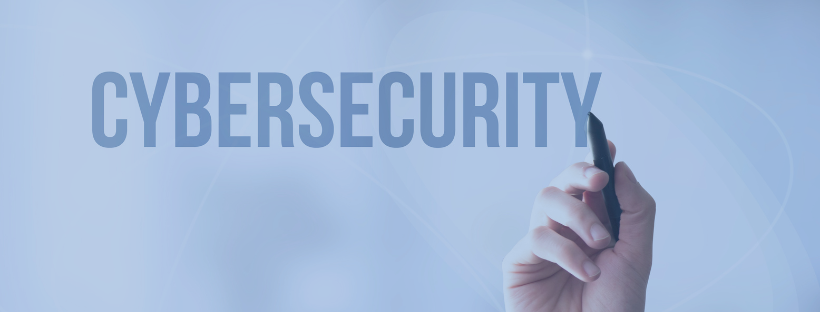As a mid-market business, protecting your company’s data and assets from cyber threats should be a top priority. Cybersecurity threats are evolving and becoming increasingly sophisticated, making it more important than ever to adopt best practices to safeguard your business. In this blog post, we will discuss five cybersecurity best practices every mid-market business should adopt.
1. Regularly Update Software and Systems
Regularly updating software and systems is critical to addressing vulnerabilities that can be exploited by cybercriminals. Hackers often exploit outdated software and systems to gain unauthorized access to sensitive information. By keeping your software and systems up-to-date, you can ensure that any known vulnerabilities are patched, reducing the risk of a successful cyberattack.
2. Train Employees on Cybersecurity Best Practices
Employees are often the weakest link in an organization’s cybersecurity posture. Therefore, it’s essential to train employees on cybersecurity best practices regularly. Training should include password hygiene, phishing awareness, and data handling procedures. Educating employees on how to identify and respond to potential threats can significantly reduce the risk of a successful cyberattack.
3. Implement Multi-Factor Authentication (MFA)
Multi-Factor Authentication (MFA) is an extra layer of security that requires users to provide additional information beyond a password to gain access to a system or application. MFA can significantly reduce the risk of a successful cyberattack, as it makes it much harder for hackers to gain unauthorized access to sensitive information. Implementing MFA for all users is an effective way to improve your business’s security posture.
4. Regularly Backup Data
Data loss can occur due to many reasons, including system failures, natural disasters, or cyberattacks. Therefore, it is essential to regularly backup your data to ensure that your business can recover from data loss incidents quickly. It’s best to keep backups offsite, so they’re safe from physical damage or cyberattacks. Testing the data recovery procedures regularly to ensure they work as expected is also critical.
5. Conduct Regular Security Audits and Risk Assessments
Conducting regular security audits and risk assessments can help you identify potential security weaknesses and prioritize your cybersecurity efforts. Regular audits can help you understand your business’s security posture, identify areas that require attention, and prioritize your security needs. Risk assessments can help you identify potential threats, vulnerabilities, and risks to your organization, allowing you to take proactive measures to mitigate them.
In conclusion, adopting these cybersecurity best practices can help mid-market businesses protect their data and assets from cyber threats. Regularly updating software and systems, training employees on cybersecurity best practices, implementing MFA, regularly backing up data, and conducting regular security audits and risk assessments are essential to improving your business’s security posture. By prioritizing cybersecurity, you can reduce the risk of a successful cyberattack and protect your business from potential financial and reputational damage.
Not interested in managing this all internally? Performive can provide managed security services combining the latest security technologies and our subject-matter experts that personally manage your systems.
Chat with one of our Sales Engineers about how Managed Security Services with Performive can give your organization time back.






